Bangladesh
April 14, 2014
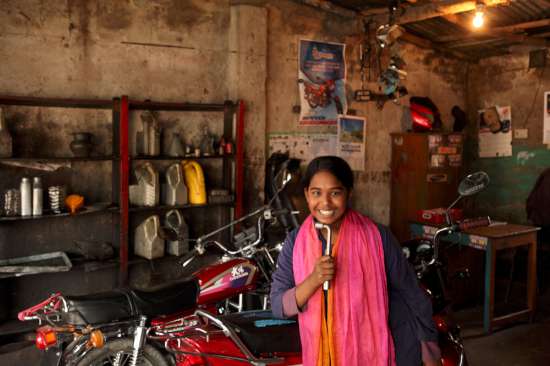
Published by Scott MacMillan at Apr 14 2014
When people talk about BRAC, often the first person they'll mention is the founder, Sir Fazle Hasan Abed, who sold his apartment in London in 1972 and used the money for relief in post-war Bangladesh. They'll talk about how the organization grew and grew, how it now reaches millions.
March 17, 2014
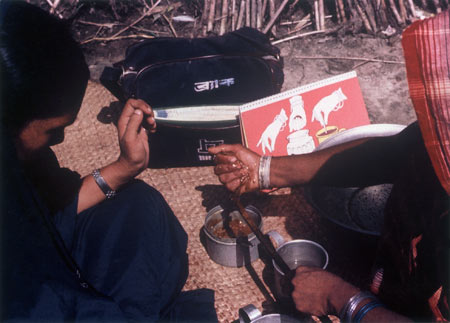
Published by Scott MacMillan at Mar 17 2014
Categories
I was psyched to read about David Lee Roth and his famous brown M&Ms in Atul Gawande's The Checklist Manifesto over the weekend. It's a favorite story of mine, as I've often considered it a metaphor for Great and Meaningful Things.
February 26, 2014
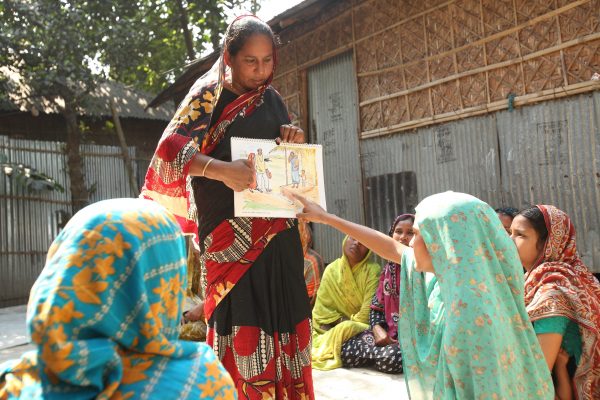
Published by Scott MacMillan at Feb 26 2014
Without basic legal empowerment, the poor live an uncertain existence, in fear of deprivation, displacement and dispossession
December 26, 2013
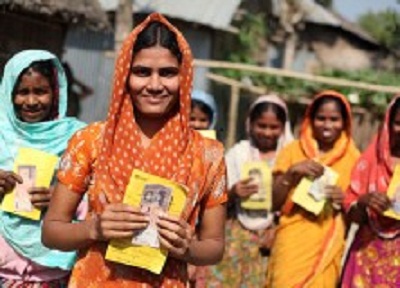
Published by Scott MacMillan at Dec 26 2013
Categories
Modern microcredit, born in Bangladesh, was hailed as an innovative poverty fix when it appeared on the global radar. The United Nations dubbed 2005 “the year of microcredit,” and the following year, Mohammed Yunus and his Grameen Bank won the Nobel Peace Prize. Soon, however, the pendulum of hype swung the opposite direction, as scholars began to question the efficacy of microfinance.
July 12, 2013

Published by Bottom-up Storytelling at Jul 12 2013
Categories
In this BRAC Bottom-Up Storytelling video, meet Sabina Yasmin, age 11. Visiting one of BRAC’s one-room schoolhouses is a near magical experience, as children from poor backgrounds show they have what it takes to lift their families out of poverty.
June 21, 2013
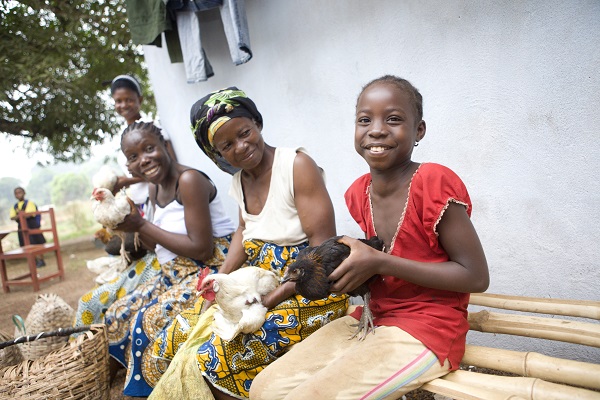
Published by Susan Davis at Jun 21 2013
Categories
Progress can go beyond "inclusive growth." The poor themselves can be relied upon to help make the world a better place for us all.
June 12, 2013
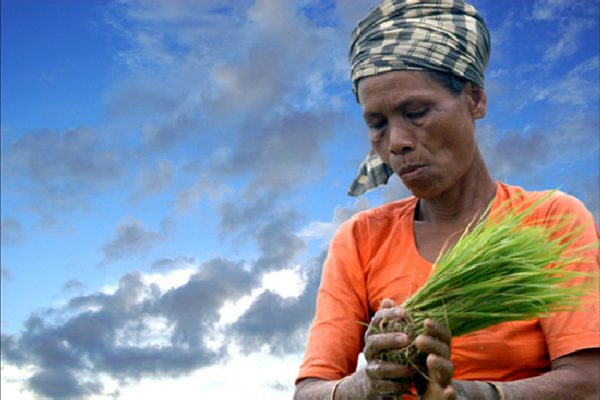
Published by BRAC at Jun 12 2013
Categories
Bangladesh is a recent entrant into branchless banking – deployments only began in earnest in the middle of 2011. CGAP reviewed the first year of branchless banking (referred to as “mobile financial services” in Bangladesh) together with Bangladesh Bank up to March 2012.
May 3, 2013
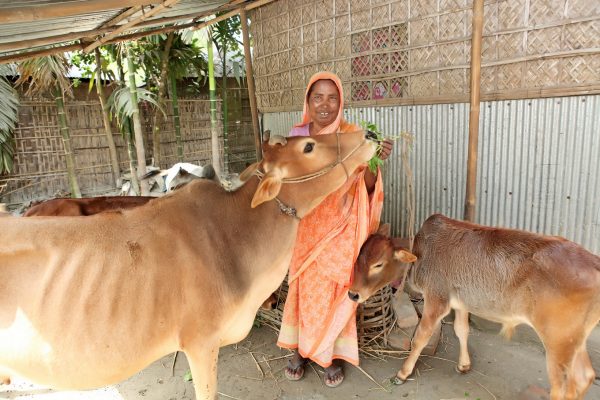
Published by Oscar Abello at May 03 2013
Categories
Variously called targeting the ultra-poor, just TUP, or more famously the graduation program (which we're not always sure is the right title), BRAC's work with the ultra-poor is officially titled Challenging the Frontiers of Poverty Reduction - Targeting the Ultra Poor (CFPR-TUP). A mouthful yes, but not nearly as many mouthfuls as there have been recently about the effectiveness -- or lack thereof -- of a core component in the program: livelihoods training.
March 11, 2013
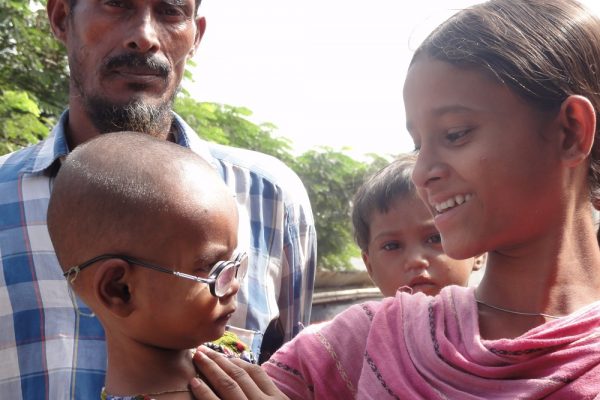
Published by Rod Dubitsky at Mar 11 2013
Categories
It can seem so easy. Give a slum-dweller a three-wheeled vehicle. She creates a mobile tea business. Income increases from 100 Bangladeshi taka to 400 taka per day. She leaves her backbreaking job as a brick-maker, quadruples her income, preserves her health, restores her dignity. Rinse, repeat.
February 26, 2013

“What is good about the monitoring system that we are using is that it is participatory so that respondents also get knowledge”, says Senior Sector Specialist Water, Sanitation and Hygiene Mahjabeen Ahmed of the BRAC WASH II Programme. Ms Ahmed is one of the 5,000 programme workers who are supporting BRAC WASH II in Bangladesh.
February 25, 2013
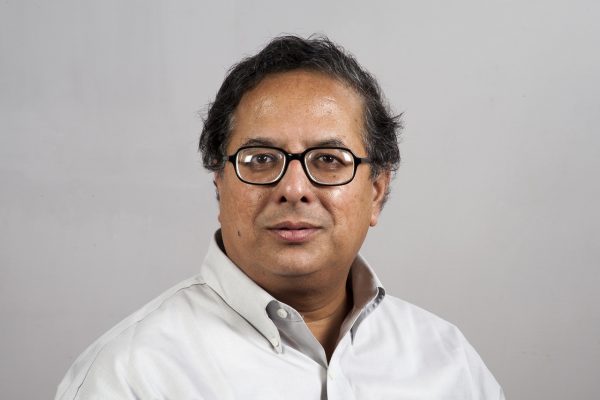
This article was posted on IRC International Water and Sanitation Center blog by Joep Verhagen, Manager, South Asia & Latin America Team, IRC.
Sitting opposite to me is Babar Kabir – Senior Director at BRAC and programme director of the BRAC WASH programme.
February 18, 2013
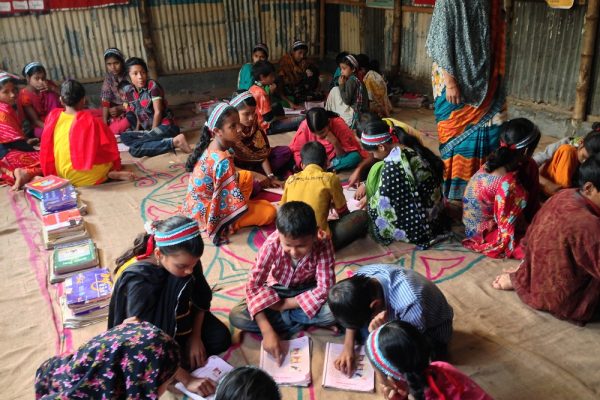
Published by Renée McAlpin at Feb 18 2013
Categories
In session at a BRAC Primary School in the Korail slum of Dhaka, Bangladesh. (Photo: Oscar Abello/BRAC)
The conditions into which a child is born affects not only her future opportunity, but also her position in society.
Poverty itself can limit society's expectations of the child’s ability to perform well in school, constantly reminding her of the miniscule chance she has to overcome adversity and poverty.

